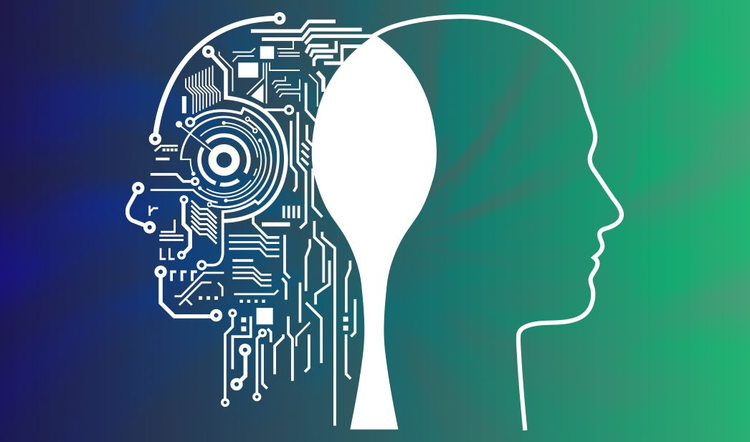How AI Is Redefining The Workforce Of The Future
It is the responsibility of governments and businesses to educate the public about the benefits and opportunities this cutting-edge technology is creating.

Artificial intelligence has already impacted how companies engage with their customers and operate their businesses.
Adobe says 15% of enterprises are using AI today, and that figure is expected to grow to 31% within the next 12 months. Additionally, the share of jobs requiring AI has increased by 450% since 2013. That’s why government agencies and businesses need to inform workers about the many new opportunities AI is creating for today’s workforce.
Thirty-eight percent of businesses expect to extend their workforces to new productivity-enhancing roles, and more than a quarter expect automation to lead to the creation of new roles in their enterprises by 2022, according to the “Future of Jobs Report 2018.” Businesses also expect to expand their use of contractors doing task-specific work and allow more flexible work options for employees.
I believe now is the time for governments and businesses to demystify AI for employees, emphasizing that these tools can be put to optimum use via a collaborative process between man and machine. What’s encouraging is that governments across the globe have begun to implement AI policies and initiatives. For example, in an effort to target young people by integrating AI into the school curriculum, China has published its first AI textbook for high school students to further its ambitious plans for AI readiness.
Governments should also ensure that AI is implemented in their daily processes. The Las Vegas health department piloted a program to do just that. The department has typically randomly selected restaurants to inspect, but in 2016 the agency used an AI program to analyze thousands of tweets to isolate food-poisoning reports. The program connected those tweets to specific restaurants and dispatched inspectors to check for health violations. The experiment resulted in citing 15% of restaurants inspected, compared to 9% when inspections were random.
Businesses are also harnessing AI to solve some of the world’s social problems. Microsoft has a program called AI for Good, which uses its AI expertise in partnership with innovative nongovernmental organizations to address broad societal needs. Apple has launched its free Everyone Can Code program at its retail outlets. Global movements like The Hour of Code have become a worldwide effort to celebrate computer science. AI acceptance also can be extended with AI meetups aimed at professionals across the globe.
AI will continue to shape the way we work. My advice? Educate the public about the benefits and opportunities this cutting-edge technology is creating.